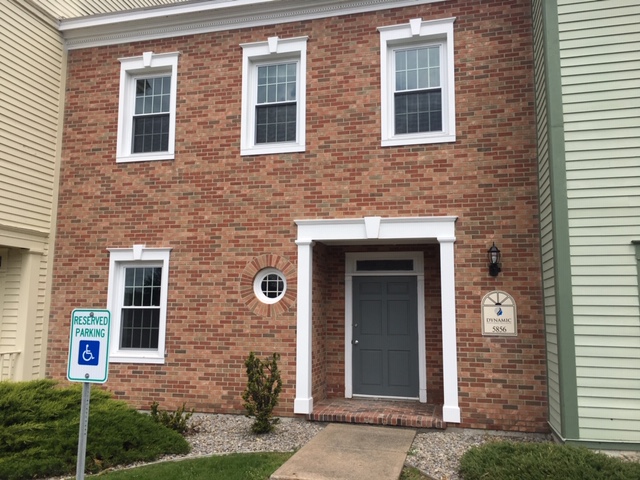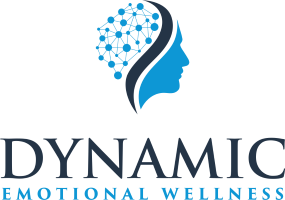PTSD SPECIALISTS
What Is Posttraumatic Stress Disorder (PTSD)?
Posttraumatic stress disorder (PTSD) is a psychiatric disorder that can occur in people who have experienced or witnessed a traumatic event such as a natural disaster, a serious accident, a terrorist act, war/combat, rape or other violent personal assault.
PTSD has been known by many names in the past, such as “shell shock” during the years of World War I and “combat fatigue” after World War II. But PTSD does not just happen to combat veterans. PTSD can occur in all people, in people of any ethnicity, nationality or culture, and any age. Women are twice as likely as men to have PTSD.
What are the symptoms for PTSD?
Symptoms of PTSD fall into four categories. Specific symptoms can vary in severity.
- Intrusive thoughts such as repeated, involuntary memories; distressing dreams; or flashbacks of the traumatic event. Flashbacks may be so vivid that people feel they are re-living the traumatic experience or seeing it before their eyes.
- Avoiding reminders of the traumatic event may include avoiding people, places, activities, objects and situations that bring on distressing memories. People may try to avoid remembering or thinking about the traumatic event. They may resist talking about what happened or how they feel about it.
- Negative thoughts and feelings may include ongoing and distorted beliefs about oneself or others (e.g., “I am bad,” “No one can be trusted”); ongoing fear, horror, anger, guilt or shame; much less interest in activities previously enjoyed; or feeling detached or estranged from others.
- Arousal and reactive symptoms may include being irritable and having angry outbursts; behaving recklessly or in a self-destructive way; being easily startled; or having problems concentrating or sleeping.
What are the treatments for PTSD?
Once the provider knows your condition, he or she will create a customized treatment to address your specific needs. Often, treatment will involve a combination of medication and talk therapies such as cognitive behavioral therapy. The providers may also suggest interpersonal or family therapy to help not only improve your relationships and communication with this important support network, but also to educate the family on your condition so that they are better equipped to be supportive during your road to recovery.

Mental Health Clinic located in Syracuse, NY
